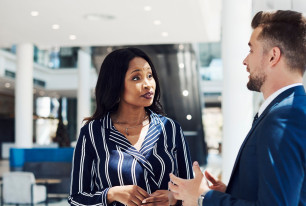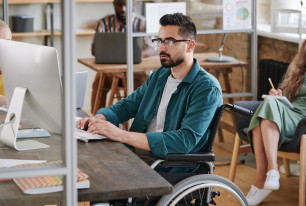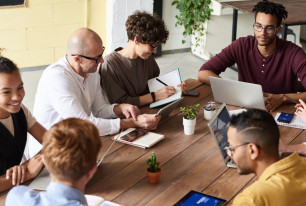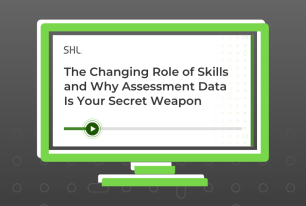Honoring George Floyd: A Reflection of Growth and Awareness
After visiting George Floyd’s memorial on MLK Day, I took time to understand how I have grown and reflected on how I can continue to advocate for social justice.
Share
Nearly two years ago, George Floyd was murdered by the police in Minneapolis, Minnesota. His death shook the world and caused a long-overdue revolution in our society. Accountability is being served as Derek Chauvin (the main officer responsible for Mr. Floyd’s death) has been convicted of three charges and the other officers who were present are currently on trial. While this is in progress, it is still not justice for Mr. Floyd’s family or the entire Black community. The trauma and injustice caused by police brutality against Black Americans are still heavily steeped in our policies and societal landscape. Allyship has become even more critical in the fight for equality and systemic change.
On Martin Luther King, Jr. Day (MLK Day) this year, I visited the memorial dedicated to George Floyd with my family. It was a very difficult and heartbreaking experience. The street where he was killed is still blocked off and filled with flowers, murals, art, candles, but most of all—a heavyweight of grief. While the memorial is in honor of Mr. Floyd, it reflects the many unjust murders of Black Americans by the police. My two young nephews were there, and you could really see them trying to understand why this happened. I realized that although they are so young, they really do need to understand the realities of racism. Visiting Mr. Floyd’s memorial prompted me to reflect upon how I have grown since his death. I have learned an abundance since May 25, 2020, but three things have been the most impactful in my life.
- Speaking up
As an Asian American woman, I have endured countless comments and acts of racism and sexism throughout my life. Sometimes I spoke up, sometimes I did not. The times when I did not voice my anger or hurt, I was worried about causing a scene or being too dramatic. What I realized is that these microaggressions should have been addressed because they perpetuate societal and systemic racism. And while a few jokes can seem harmless, they contribute to the eventual desensitization of violence against people of color. Police brutality towards Black Americans reflects the deadly consequences of this desensitization. Speaking up against racism and advocating for social justice has become even more significant because silence has proven to be dangerous and even lethal. - Being uncomfortable
Since George Floyd’s death, I have pushed myself to embrace the uncomfortable such as coming to terms with my own privileges and having difficult conversations about race. This discomfort has played a major role in my personal growth and education. I have been able to be open and vulnerable in situations where I may have shut down before. And alternatively, I have actively listened to others and have become more open-minded and informed after hearing their experiences. Being uncomfortable is extremely challenging, especially when centered around race and equality, but it is the catalyst for change and action.Allyship has become even more critical in the fight for equality and systemic change.
- Advocate and support in your own way
One of the hardest challenges I faced after George Floyd was killed was determining how to start helping. Being in the heart of all of the anger and chaos, I felt overwhelmed and was not sure how I could support the Black community. I think this is a struggle that a lot of us encounter because there is so much work to do that our individual contributions feel insignificant. But I have learned that every act of progression, no matter how small, advances social justice. For me, education has been critical in heightening my awareness of racial inequities and intersectionality. The more knowledge we have, the more effective we can be when actioning change. A deeper understanding of these issues has led me to participate in protests, donate to charities, have meaningful conversations, and change the way I perceive and interact with others. So, while it may seem like one individual cannot change the world, it is the small strides we all take that contribute to racial equality.
There are no simple solutions for racial justice and sometimes it can seem like an unobtainable idea, one that our society will never reach. This is due to the deep-rooted, systemic changes that are needed to end oppression and violence against people of color, specifically Black Americans. The only way we will progress is to keep moving forward by speaking up for ourselves and others, being comfortable with getting uncomfortable, and advocating for change. And when during the tough times, we have to take a step back and appreciate the progress to regain motivation and hope.
Let us all continue to remember and honor George Floyd and the many Black citizens who have been killed by police brutality. Say their names.
Check out our resources on Diversity, Equity, and Inclusion for more insights that can help you in your journey to advocate equality and social justice.









